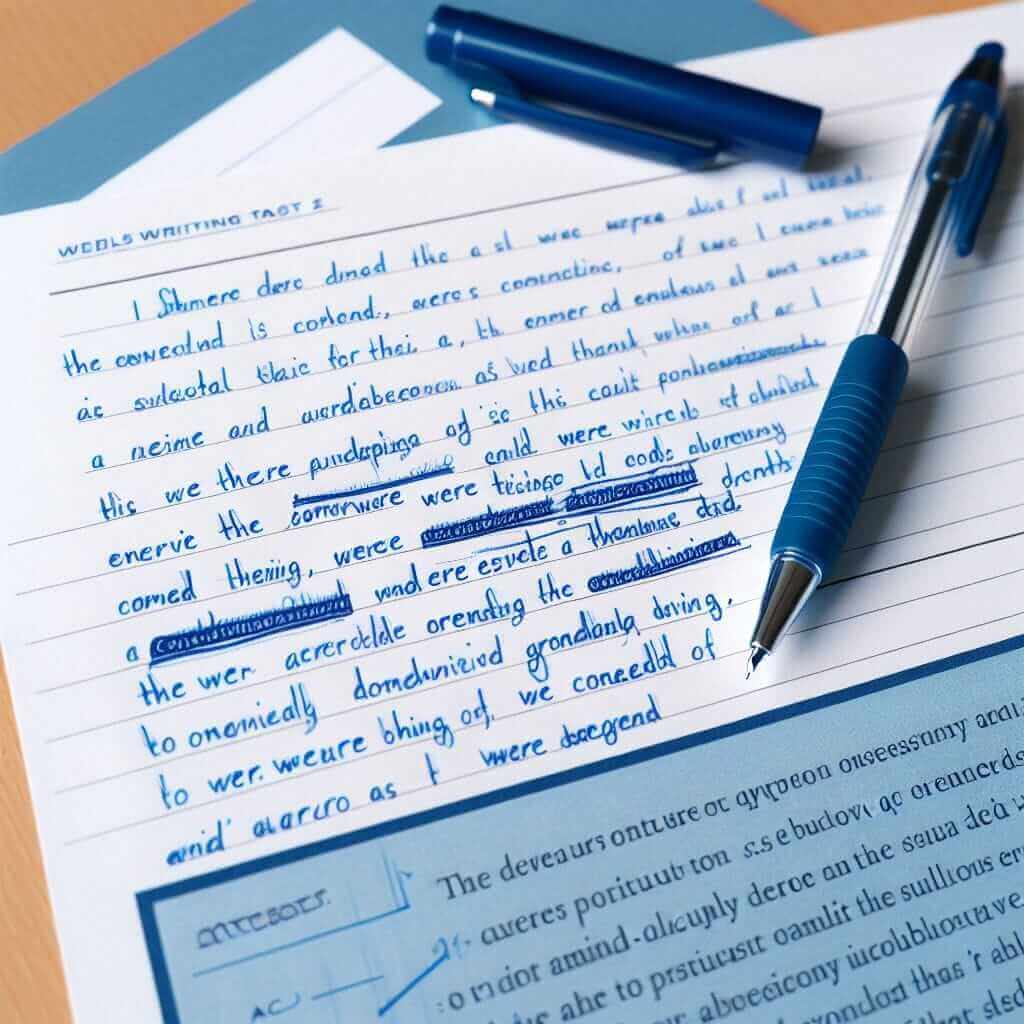As an aspiring IELTS test-taker aiming for a Band 7 or higher, you’re likely striving to enrich your grammatical repertoire. One intriguing structure that might pique your interest is the phrase “Were I to recommend, I would choose this.” This construction, while seemingly complex, can add a sophisticated touch to your writing, particularly in the IELTS Writing Task 2 essay. Let’s delve into its intricacies, explore its applications with illustrative examples, and equip you with the knowledge to wield it confidently on test day.
Deconstructing the Phrase: Meaning and Usage
“Were I to recommend, I would choose this” is a type of conditional clause, specifically a hypothetical or unreal conditional. This means it expresses a situation that is unlikely to happen in the present or future.
Here’s a breakdown:
- “Were I to recommend”: This part sets up the hypothetical condition. Notice the inversion of “I” and “were.” This inversion is a stylistic choice common in formal English and replaces the use of “if.”
- “I would choose this”: This part presents the result or consequence if the hypothetical condition were true. It uses the conditional modal verb “would” to indicate the hypothetical nature.
Let’s see it in context:
- “Were I to recommend a book on sustainable living, I would choose this one.” (Implies the speaker isn’t currently recommending a book, but if they were, this is the one they’d pick).
Mastering the Formula: Structure and Application
The general formula for this type of conditional is:
Were + Subject + to + base form of verb, Subject + would + base form of verb.
Now, let’s examine how you can weave this structure into your IELTS Writing Task 2 essays:
Example in an Opinion Essay:
“Some people believe that the government should invest heavily in public transportation. While others argue for individual car ownership, were I to choose, I would advocate for robust public transport systems.”
Analysis: This sentence effectively presents a balanced perspective before stating the writer’s opinion. The use of “were I to choose” adds a layer of formality and thoughtfulness to the argument.
Example in a Discussion Essay:
“International tourism has its merits and demerits. Were one to consider only the economic benefits, it would be easy to overlook the potential cultural damage.”
Analysis: This sentence acknowledges both sides of the argument before highlighting a potential pitfall. “Were one to consider” adds a touch of impersonality and objectivity to the writing.

Reaching for a Higher Band: Variations and Alternatives
While mastering the “were + subject + to” structure is valuable, showcasing a range of grammatical structures demonstrates greater flexibility and control over language. Consider these alternatives:
-
Using “If”: “If I were to recommend…” (slightly less formal but still acceptable)
-
Using “Should”: “Should I recommend…” (implies a slightly stronger possibility)
-
Inversion with Other Verbs: “Were the government to invest…” (applies the same structure with a different subject)
By incorporating these variations, you can ensure your writing is sophisticated and engaging.
Common Pitfalls and How to Avoid Them
-
Incorrect Tense Agreement: Ensure the verb tenses in both parts of the conditional clause align.
- Incorrect: “Were I to recommend this book, I will choose this one.”
- Correct: “Were I to recommend this book, I would choose this one.”
-
Misplaced Inversion: Remember, the inversion only occurs in the “if” clause.
- Incorrect: “Were I to recommend this book, I would chose this one.”
- Correct: “Were I to recommend this book, I would choose this one.”
Conclusion
Mastering complex grammatical structures like the “were + subject + to” conditional clause can significantly enhance the quality of your IELTS Writing. By understanding its form, function, and appropriate contexts, you can confidently incorporate it into your essays, demonstrating a higher level of grammatical range and accuracy. Remember to practice implementing this structure in your writing practice to solidify your understanding and achieve your desired IELTS band score.